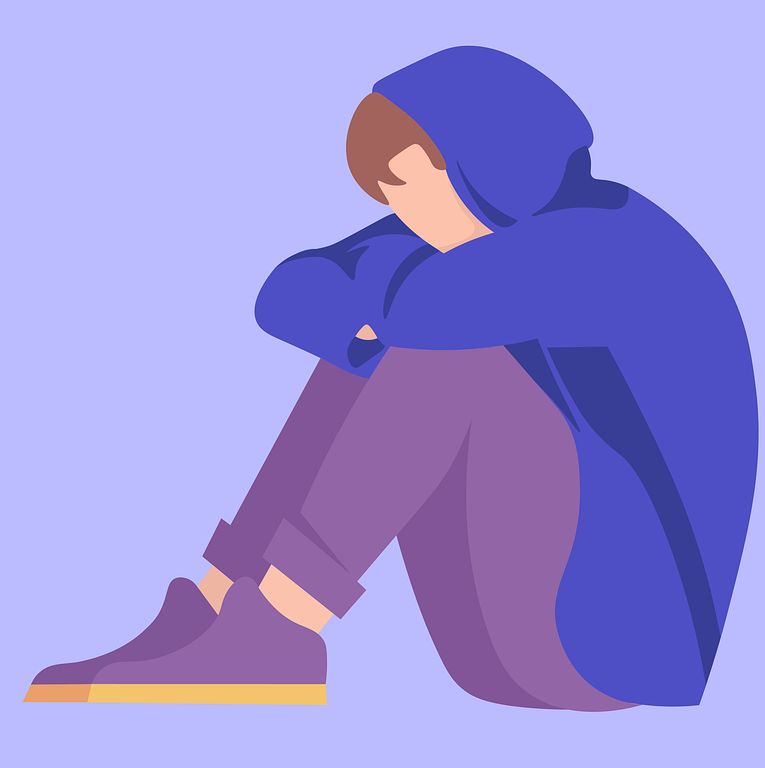How to Help Young People Limit Screen Time — and Feel Better About How They Look
 U.S. teens spend more than eight hours a day on screens, and there’s growing concern over how social media may affect their mental health. Now, a study published by the American Psychological Association, validates what some parents have experienced when their teenagers cut back: They seem to feel better about themselves. I’ve seen this in my own kids when they return from summer camp, where phones are not allowed. They seem more at ease and less moody.
U.S. teens spend more than eight hours a day on screens, and there’s growing concern over how social media may affect their mental health. Now, a study published by the American Psychological Association, validates what some parents have experienced when their teenagers cut back: They seem to feel better about themselves. I’ve seen this in my own kids when they return from summer camp, where phones are not allowed. They seem more at ease and less moody.
Social media can feel like a comparison trap, says study author Helen Thai, a doctoral student in psychology at McGill University. Her research found that limiting screen time to about one hour a day helped anxious teens and young adults feel better about their body image and their appearance.
“The digital world is here to stay,” says Thai. So, she says, the question becomes, “how do we adapt to this new world in a way where it wouldn’t negatively impact us or control us?”
Here are some ideas to try:
1. Curate your social media feed to limit content that makes you feel bad
Instagram and TikTok are filled with idealized images of bodies. Filters can help people appear slimmer, more tan or wrinkle-free. “The algorithm is pushing body-centric content to you because that’s what sells,” says Lexie Kite, co-author with her twin sister of More Than a Body: Your Body is an Instrument, Not an Ornament. She says social media platforms can amplify harmful cultural messages — especially for girls and women — that they are most valued for their beauty and sex appeal.
2. Schedule a one-day break from devices each week
Artist and film-maker Tiffany Shlain says there’s a power to unplugging one day a week. She turns off her devices every Friday evening, and takes a 24-hour break, that she now refers to as “Tech Shabbat.” She and her family started this tradition 13 years ago when her children were young.
“There’s something about that full day off each week that really resets me and each member of my family in a deep way,” she says. And the irony of disconnecting from social media: “It’s the day I feel most connected to my family.”
3. Turn off notifications and set limits on use of social media apps
If your intention is to limit social media to an hour a day, start by tracking your time on each app. The iPhone has a screen time tracker that lets you know how much time you spend on apps and websites, as well as how often you pick up your device.
Also, you can turn off your social media notifications so they don’t show up on your home screen. And set a daily downtime in your device settings. Thai says it comes down to goal setting, and then tracking your behavior to help keep yourself accountable.
4. Use the time you were giving to social media to invest in real-life activities instead
This may sound obvious, but seeing your friends on social media is not the same as spending time with them. So, make some plans to connect with friends in real life. The same goes for self-care. Thai says she’s been taking a break from social media, which began as a New Year’s resolution.
5. Connect with people who share your interests and values
The world is filled with interesting people doing remarkable things. Social media can be a more positive place for teens or adults when you connect with people who share your interests and post inspiring ideas or stories. Kite says she unfollows people who make her feel uncomfortable, “and I replace them with activists.”
Excerpted from “How to Help Young People Limit Screen Time — and Feel Better About How They Look” on NPR. Read the full article online for additional details.
Listen to the podcast of the article below:
Source: NPR | How to Help Young People Limit Screen Time — and Feel Better About How They Look, https://www.npr.org/sections/health-shots/2023/02/26/1159099629/teens-social-media-body-image | © 2023 npr
Do you need someone to talk to? To schedule an evaluation or to get advice about your child’s or teen’s challenges, call or email a CHC Care Coordinator at 650.688.3625 or careteam@chconline.org CHC teletherapy services are available now.




